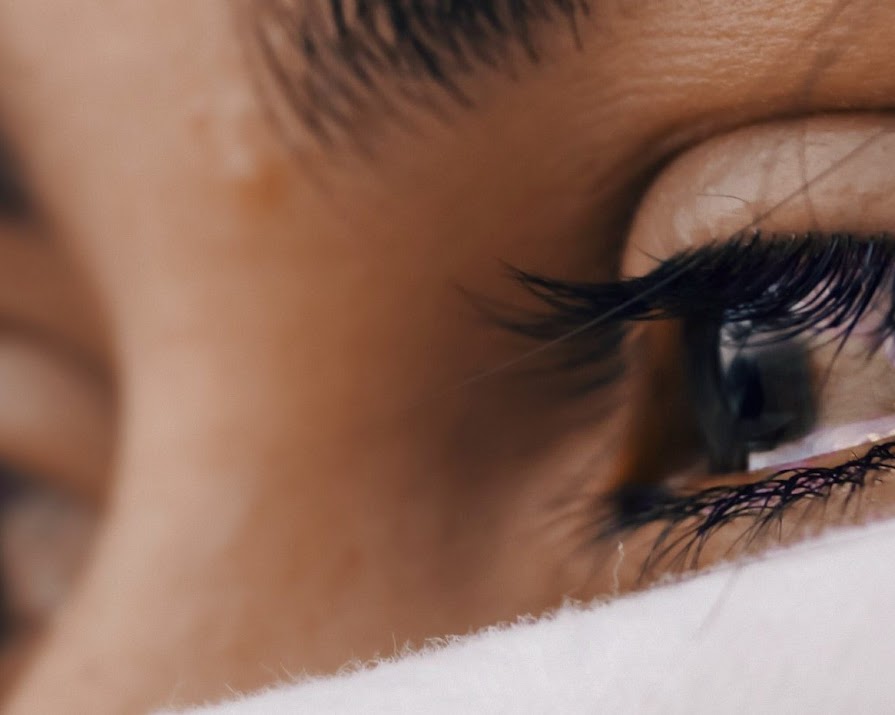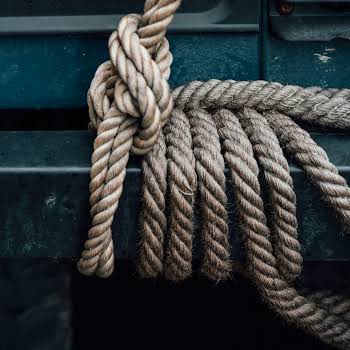
‘We’ve been trapped inside our homes and our heads since March’ — the looming mental health crisis and what we can do to tackle it
By Edaein OConnell
08th Jun 2020
08th Jun 2020
As we start to move through the phases and reopen the country, Édaein O’ Connell considers the mental health aftermath of Covid-19 and the communities that are most vulnerable
Last year, my mind began playing tricks on me.
From January 2019 onwards, I experienced stomach pains, digestion issues, leg aches, chest tightness and more physical ailments than I can list.
From May 2019, the view of my life became veiled with fog. Everything went fuzzy. My physical body was present but my mind was elsewhere. I stared at my computer screen at work with eyes like glass. Nothing was going in and nothing was coming out. It was like sending commands to the central operating system of a computer that was on fire.
I was about to explode into flames but I just didn’t know it.
In September, the spark was lit and it burned everything down. Unbeknownst to myself, that January was the beginning of a slow and steady disintegration of my mental health.
Pre-coronavirus
The physical pain and discomfort I experienced were symptoms of my mental anguish. All along, my body was trying to communicate with me, to tell me that something was amiss. Though no one said it at the time, I think I had a breakdown.
In the weeks following, I had to take time off work. I experienced panic attacks. I slept for hours on end and I felt everything and nothing so very deeply.
So, I sought help. My family, friends and work colleagues were beacons and guided me through. I went to therapy and it quickly became the best thing I had ever done. Though it’s difficult to admit, there is only so much I could tell my loved ones.
I held back, yet when I was inside that dimly lit room, I laid it all out to someone who would never truly know me but would take the dark parts and help me fix them.
I put the pieces of myself back together. Some parts are the same, but some are new additions. The world was again full of all the possibilities I once loved it for. It was bright, free and wild, like a never-ending coastline.
But, that was a pre-coronavirus world.
Post-coronavirus
In September, there were no anxieties about leaving the house or worries about loved ones. The economy was stable and jobs were in place. There were some currents but the ship was steady.
This Covid-19 world is different. People are hesitant to venture out while hospital and GP waiting rooms are ghostly quiet. Doctors now fear the backlog of patients who didn’t seek help during this time. Therapy sessions moved online, disconnecting many and intimidating those who wanted to reach out.
Trauma causes scars that appear months after the initial hit. I think in the months to come, we will face another type of crisis involving mental health.
In the past two weeks, the devastating news of two suicides filtered through to our community. It has been years since we heard such accounts in as close proximity as they were. This is a testament to the work the country has done in bringing mental health to the forefront of the national conversation, but it shows how fragile the discourse is too.
I am not a politician, an economist, a doctor, or any form of expert. However, I am someone who knows what it’s like to be inside your head in moments of obscurity. To know so acutely what it is to feel, yet not understand any of it. It’s one of the most isolating experiences a person can ever have.
It’s you alone with your thoughts. And although you may have family, friends and a team around you, it’s entirely desolate. Now imagine this when the world itself is detached and those feelings are heightened. We have been trapped inside our homes and our heads since March. Jobs are lost, lives have changed and society is shifting – there will be ripple effects.
Help
Some people I have spoken to have said it has been difficult to get help and this is worrying. With counselling gone digital and many outlets having to close, it’s understandable. It also sheds light on the disparities which remain in mental health services across the country.
While there are numerous free services available of an exceptional standard, they are under pressure and funding is low. Community services are lacking and criticism is rife. If you wish to go private, a counselling session can cost anywhere between €60-€100, immediately putting a stop sign in front of those from lower socioeconomic backgrounds.
It’s unequal. And there needs to be a more streamlined approach in the months and years to come.
Even in good times, mental health is a complex matter to discuss. Though we talk more freely and openly, there is a muted shame still attached. This piece was tough for me to write and that’s part of the problem.
The stigma we grappled with for years and fought so hard to repress still follows us. I fear many will stay silent for fear that the problems of coronavirus and the economy are more significant and their stories aren’t as necessary. This isn’t true, and the country must fight to tell them that help is always there and their wellbeing is paramount.
Last week, Simon Harris announced he received government approval to publish Ireland’s new mental health policy titled, ‘Sharing the Vision – a Revised Mental Health Policy for Everyone’. This document is the roadmap for mental health in Ireland for the period 2020-2030. It will be published this week.
Hopefully, the foundations will be put in place to protect those in need.
Because those tricks of the mind are powerful.
We can’t let them win.
Read more: IMAGEWrites: 11 weeks in and the lockdown blues have finally appeared
Read more: Sarah McInerney: ‘Lockdown has led to a stark realisation that the fight for equality is not over’
Read more: How understanding the 5 stages of grief can help you through the coronavirus outbreak























